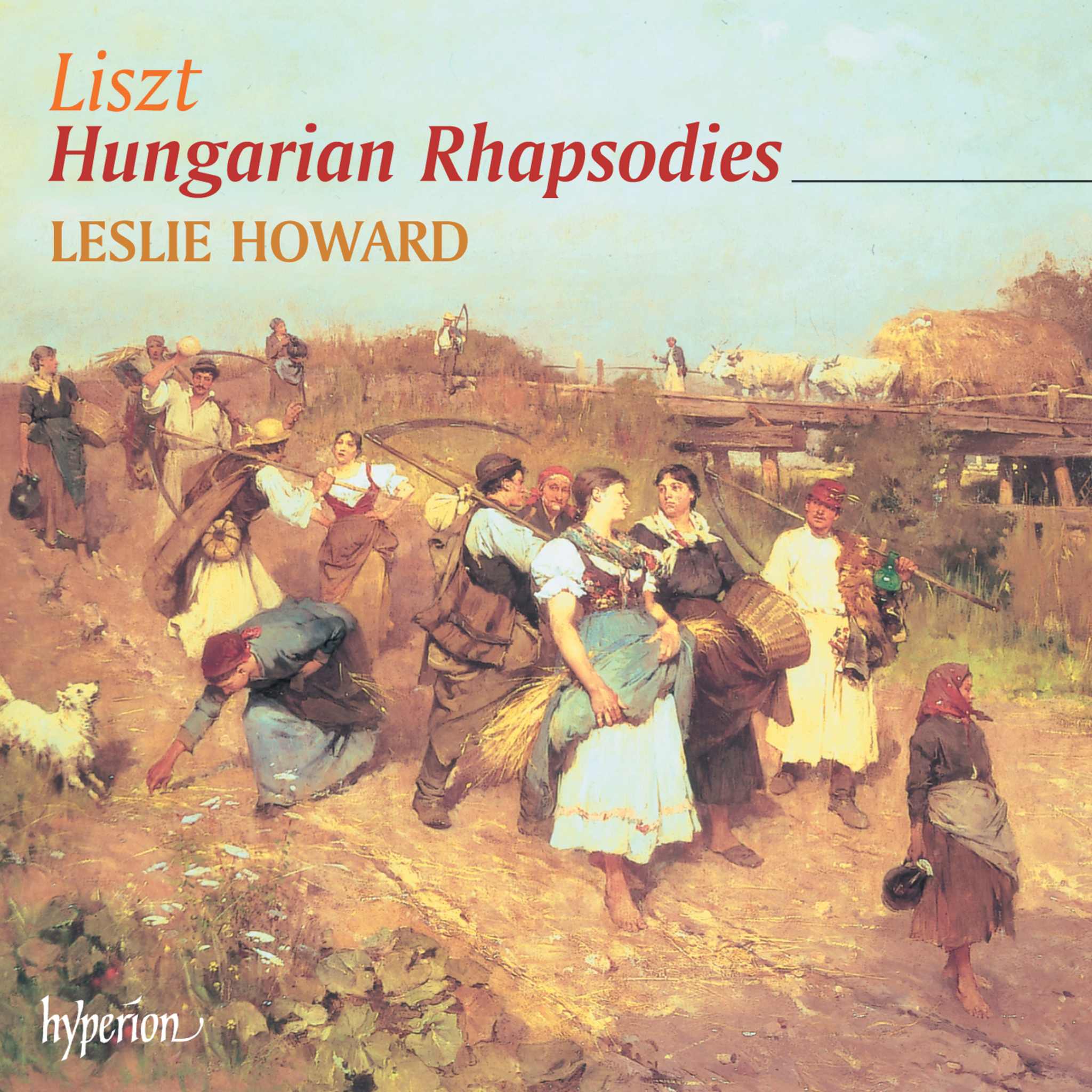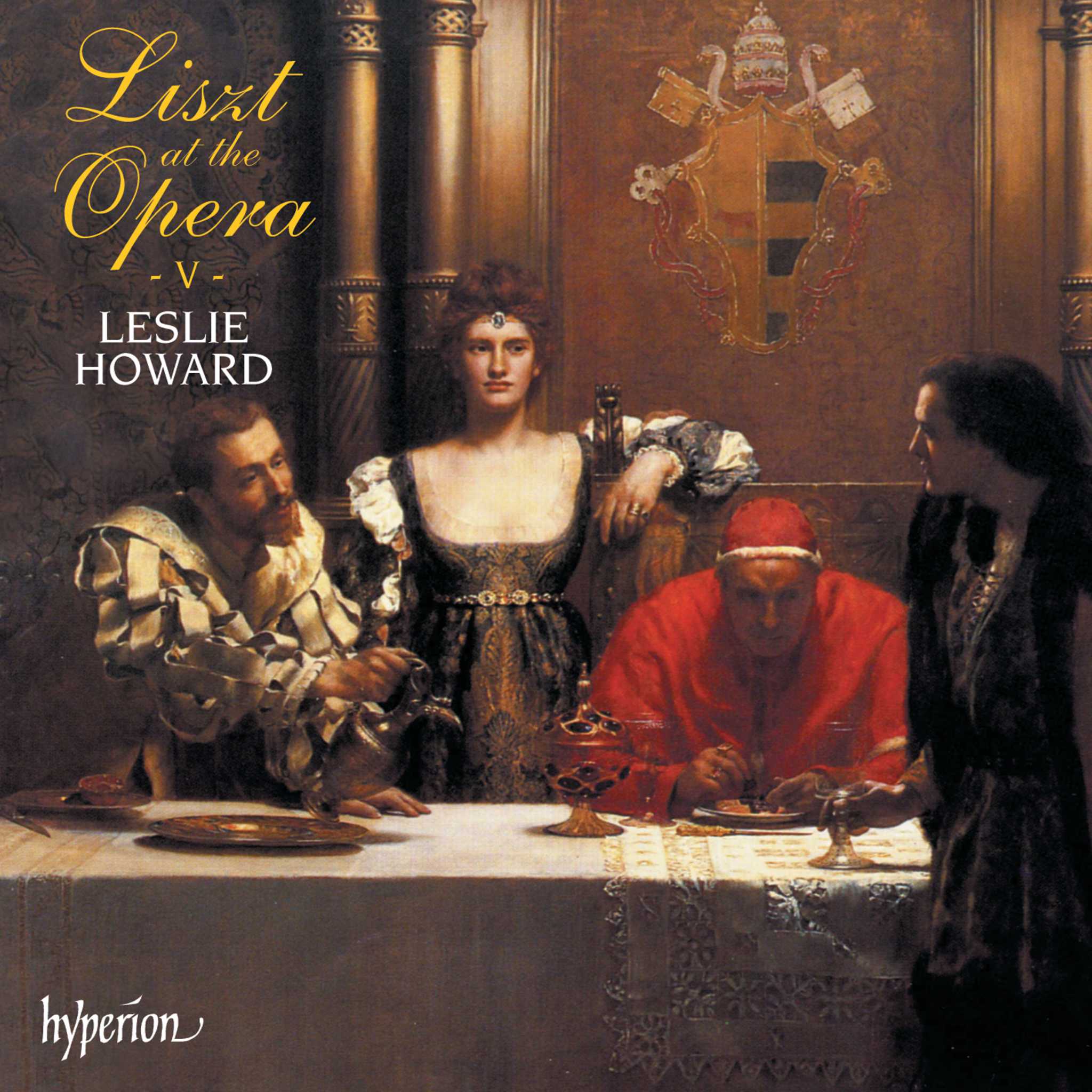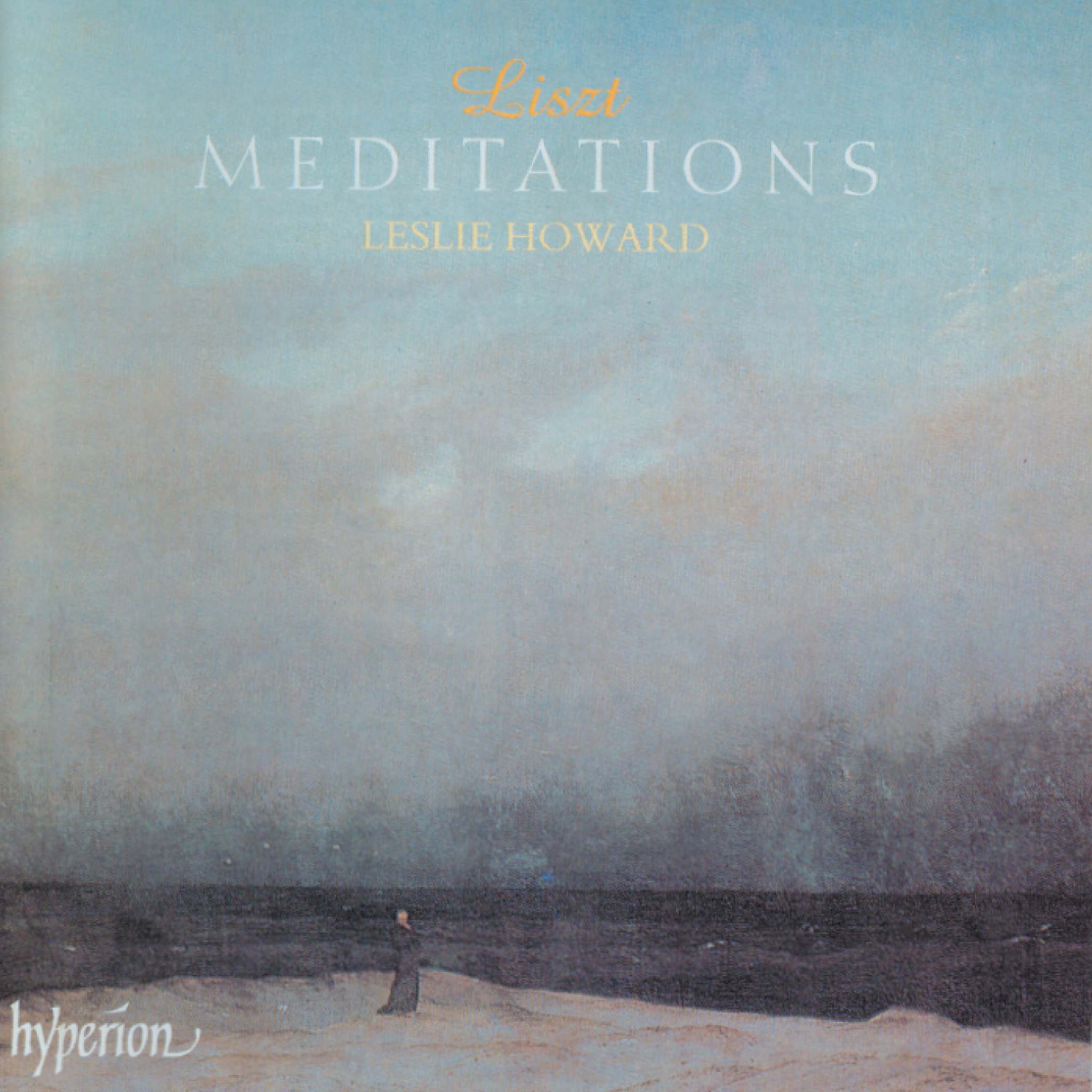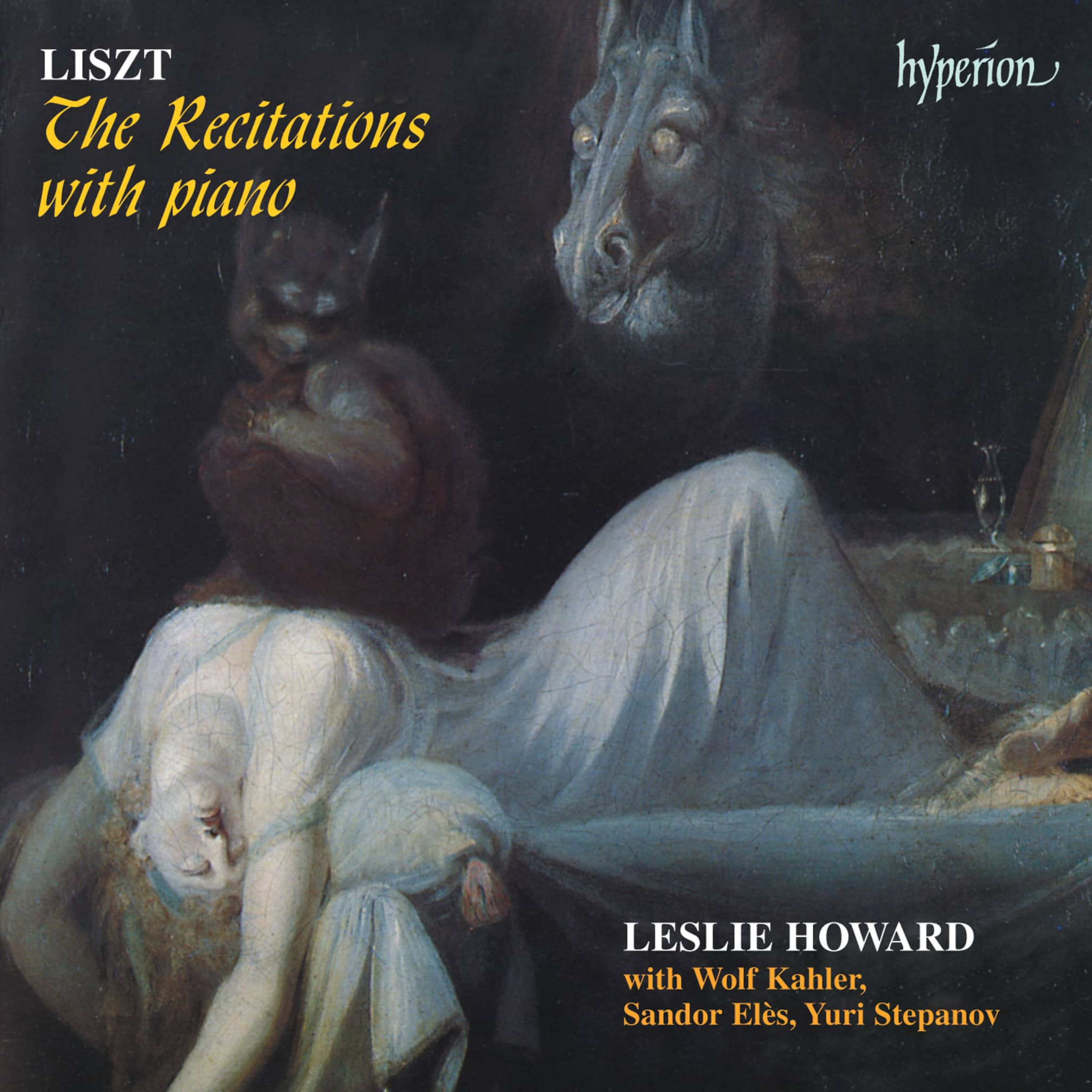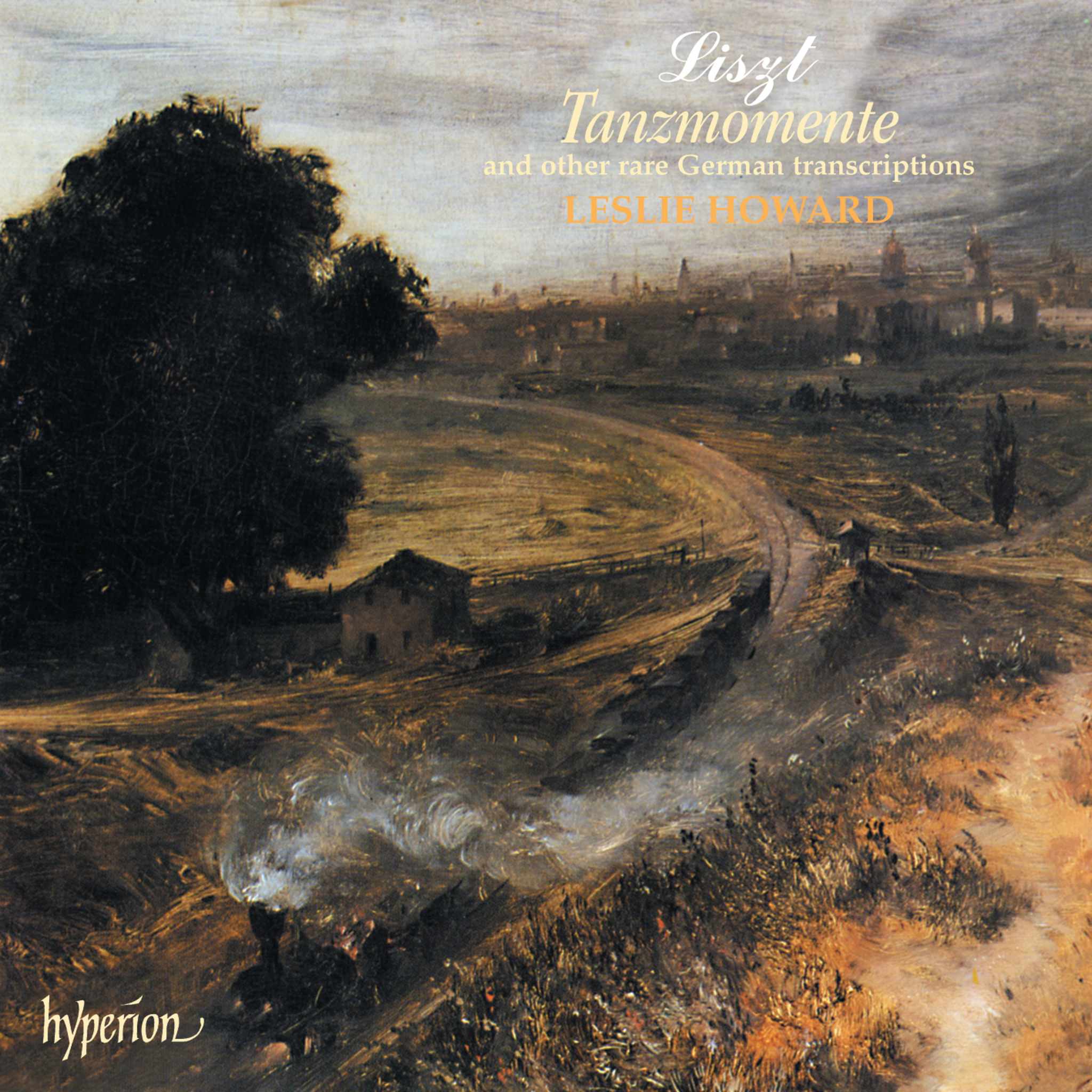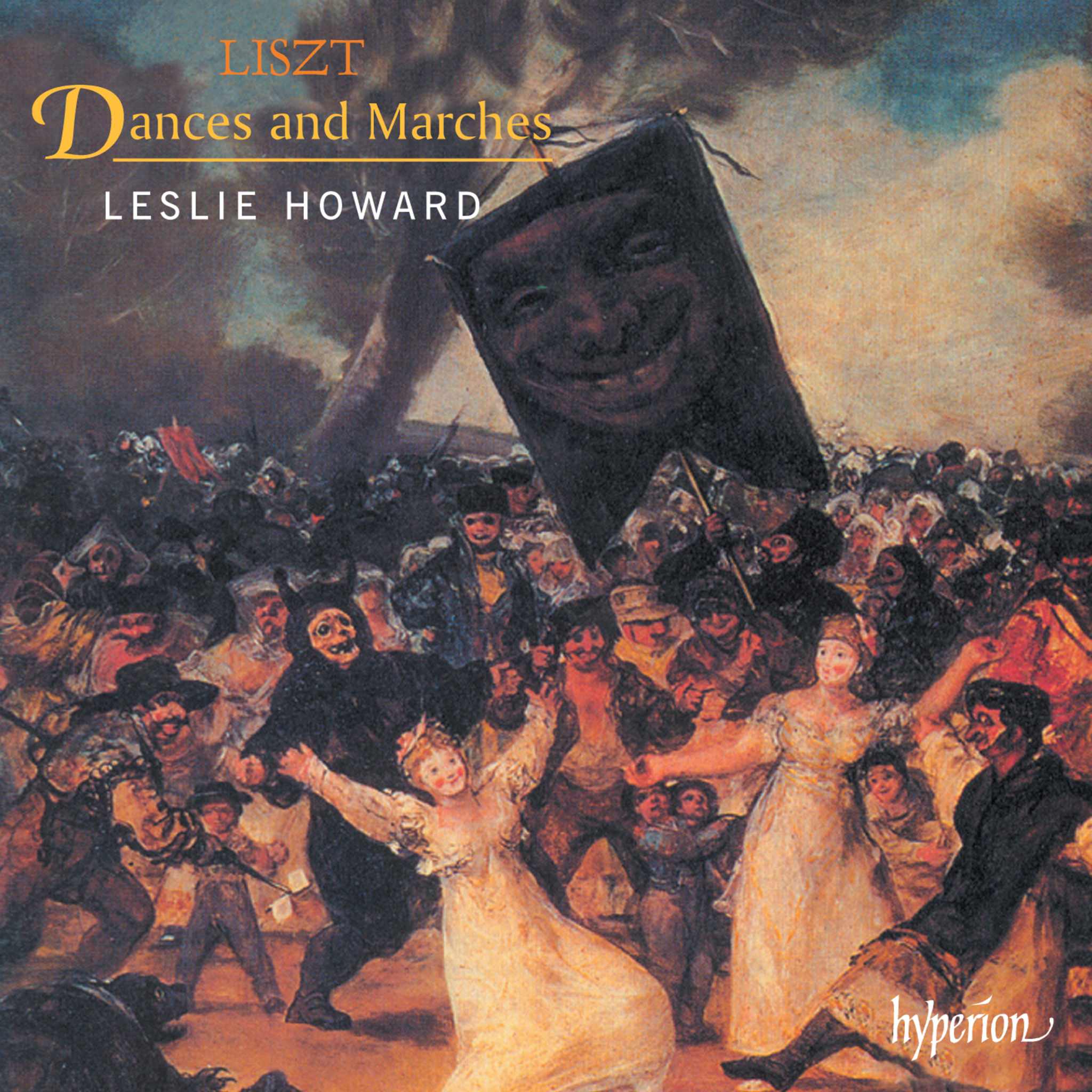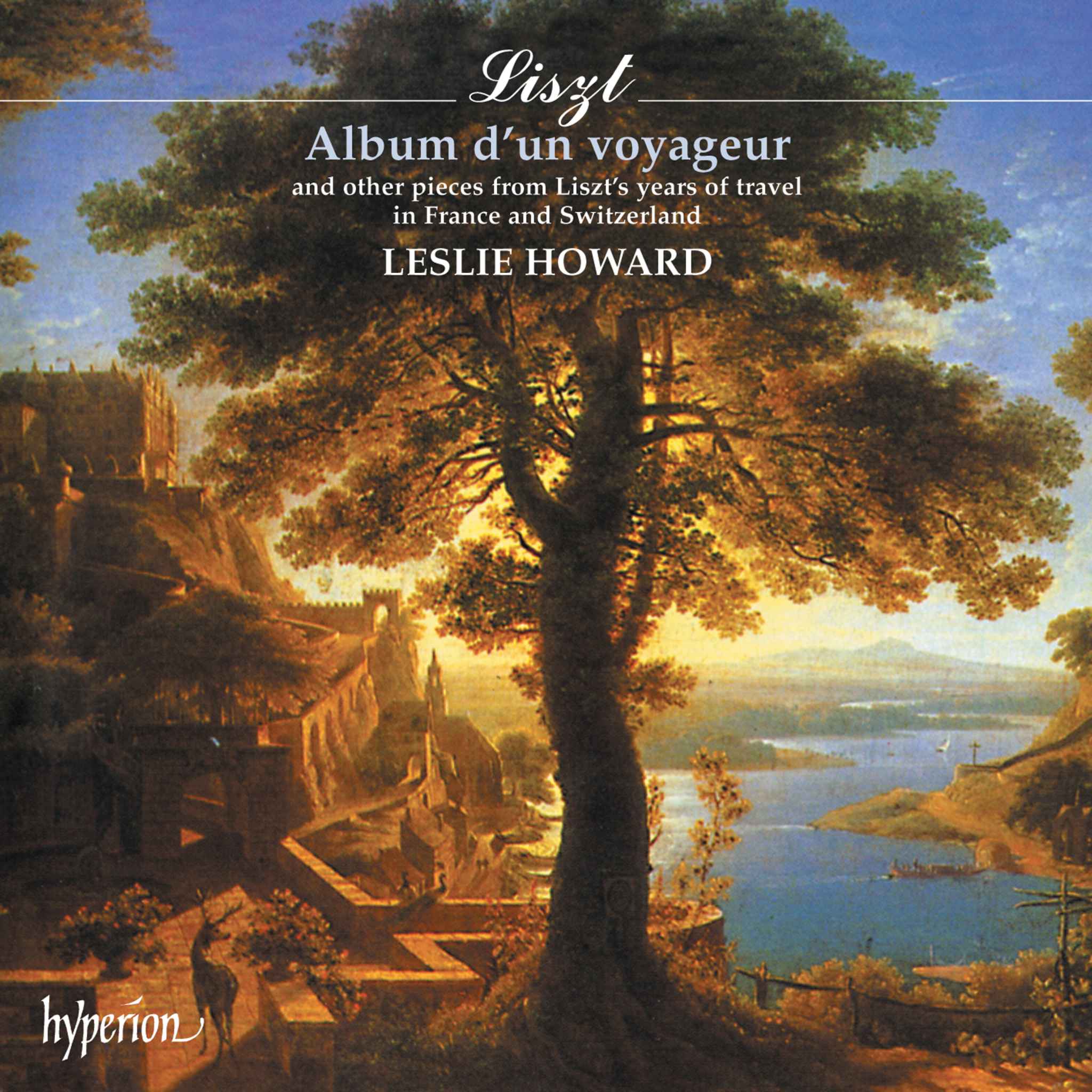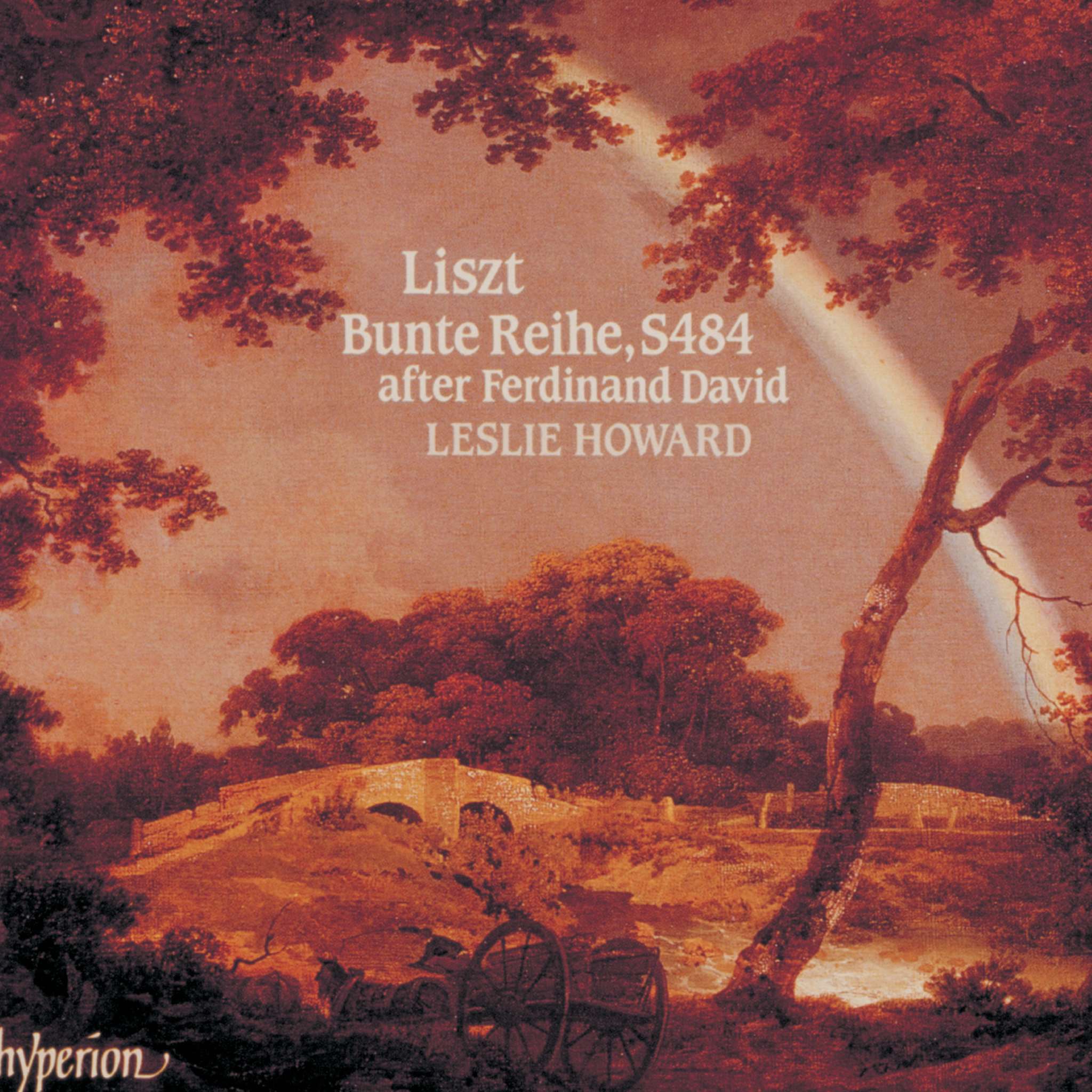The project concludes with CDs 93 and 94 of Volume 57 of Liszt's Complete Solo Piano Works. Liszt intensively explored folk music elements, and his lifelong admiration for Gypsy music remained undiminished. His generous patronage of Hungarian music persisted despite certain deviations from 20th-century ethnomusicology.
The origins of the themes in the Rhapsodies have been extensively investigated, with Zoltán Gárdonyi's article and David Clegg's research making significant contributions. Some themes may even be Liszt's own compositions. In Rhapsodies hongroises III–XV, Liszt, although distancing himself from his early Hungarian piano works, demonstrates a connection to his first cycle.
This recording presents the main texts of the works. The Rhapsodies reveal a wide range of expressive possibilities. The editors emphasize the importance of interpreting Liszt's Rhapsodies authentically rather than viewing them simply as piano music.
The first rhapsody uses themes from other works. The second rhapsody, known from performances by Bugs Bunny and Tom and Jerry, contains improvisational elements and was later arranged by Liszt for orchestra and piano duet. The third rhapsody is serene and refined, while the fourth begins with a Hungarian dance.
Known as Héroïde-élégiaque, the fifth rhapsody is a profound elegy. The sixth is based on Hungarian songs and dances, the seventh on traditional Hungarian melodies. The gentle eighth work uses themes from Liszt's own collection.
Reworked from Le carnaval de Pest, the ninth rhapsody focuses on recruitment dances. The tenth is dedicated to Béni Egressy's piano piece "Fogadj Isten," while the eleventh uses traditional Hungarian songs. The twelfth rhapsody is distinguished by its richness of motifs.
Virtuosity and musicality are inextricably linked in the Thirteenth Rhapsody. The Fourteenth was adapted for orchestra and piano duet. The popular Fifteenth is based on the Rákóczi March.
As a tribute to the painter Mihály Munkácsy, Liszt composed the Sixteenth Rhapsody. The Seventeenth is distinguished by its monothematic structure and unusual harmonic progression. Material by Kornél Ábrányi Sr. is used in the Eighteenth, while the Nineteenth concludes the series with previously published music.
Leslie Howard describes, among other things, the Budapest celebrations in honor of Mihály Munkácsy, for whom Liszt composed a new rhapsody as a personal gift. Each rhapsody in the series underscores Liszt's profound connection to Hungarian music and culture.

